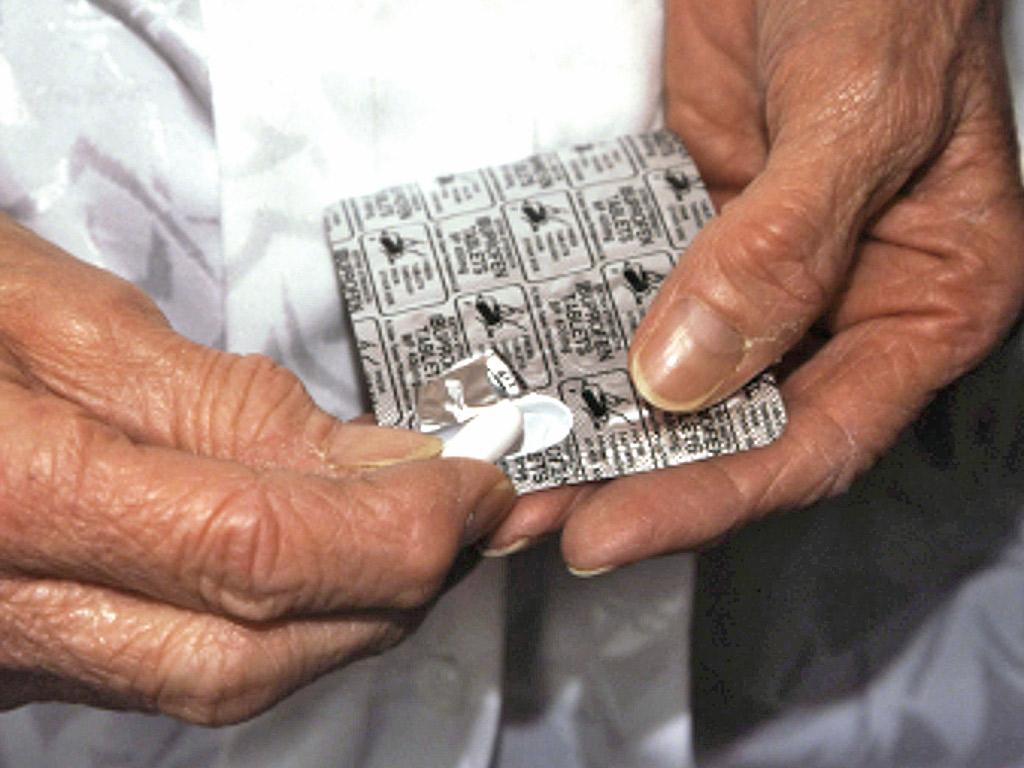Arthritis drug failure in patients could be predicted earlier with new tests, say researchers
Around 10 million people in the UK are thought to suffer from arthritis to some extent

A new study has found that it may be possible to predict which arthritis patients will not respond to drug treatment, say researchers.
Amongst patients who receive treatment for arthritis, it can be common to find that the treatment stops working after a few months as the medication ceases to be effective. Around a fifth of all such patients will experience this.
The research, by academics at the University of Manchester, sought to establish why some people no longer respond to treatment after certain periods of time and how soon this reaction could be identified by healthcare professionals.
It was previously believed that testing could only be done immediately before the next dose of drug was due, when the drug levels are at their lowest in their body. This could cause difficulties and delays for some patients.
However, the new study shows that testing at random times also proves effective.
Dr Meghna Jani, lead author of the research, said: “Our study demonstrates detecting low drug levels in rheumatoid arthritis patients on adalimumab, one of the most commonly prescribed biologics, was the strongest factor associated with non-response to treatment over 12 months.
“This test is easy to perform in a hospital setting, and could provide useful information on how to manage a patient whose rheumatoid arthritis is not being controlled by adalimumb.”
Professor Anne Barton, consultant rheumatologist at the Central Manchester University Hospital, said she hopes the study will improve how arthritis is diagnosed and treated. “The next step will be to explore whether it is cost-effective to use these tests routinely in clinical practice, so that we can adjust treatments in those patients with low drug levels and anti-drug antibodies.”
The NHS estimates that around 10 million people in the UK live with arthritis. It can make movement more painful and restricted as suffers feel stiffness and joint ache.
Join our commenting forum
Join thought-provoking conversations, follow other Independent readers and see their replies
Comments